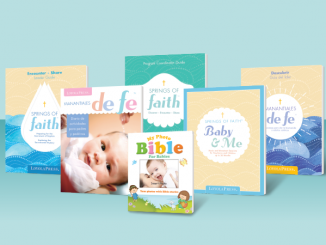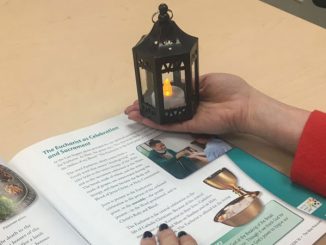
A Prayer for Catechists: Apprenticeship
This prayer originally appeared in my book, The Catechist’s Toolbox: How to Thrive as a Religious Education Teacher. Download a PDF version of the prayer here. See the related article: What Exactly Is Apprenticeship in Faith Formation?








